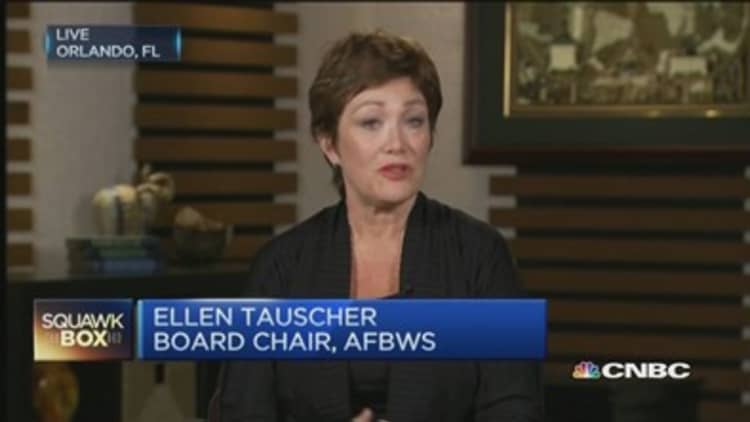Bangladeshi garment-makers continue to face "life-threatening" conditions in thousands of factories, five years after the collapse of a workshop that killed 1,134 people.
That's according to a study by New York University's Centre for Business and Human Rights, which found that 3,000 of Bangladesh's 7,000 factories endanger the lives of their low-wage garment workers.
The majority of larger factories have complied with safety standards introduced by global fashion brands in the wake of the 2013 Rana Plaza tragedy.
NYU said addressing dangerous factories could cost up to $1.2 billion.
In a report marking the fifth anniversary of the disaster, international firms and government organizations were warned that they must take "shared responsibility" to improve the lives of those working in supply chains.
"Those who benefit from the Bangladeshi garment industry's low-cost, high-volume model, also have an obligation to do more," said Michael Posner, professor of ethics and finance at New York University's Stern School of Business.
The Rana Plaza collapse sparked international condemnation and scrutiny of an industry notorious for its hazardous workplaces and poor wages.
Major Western clothing brands and retailers, including H&M and Primark, joined trade unions to create the Accord on Fire and Building Safety in Bangladesh in 2013.
The accord is a legally-binding agreement by which brands must shoulder the costs of improving health and safety in Bangladeshi factories. But joining it is a voluntary act.
The current agreement expires in May, with 154 brands signed up to the renewed 2018 accord.
The majority of signatories are German brands, including sportswear giants Adidas and Puma. Twenty U.S brands have signed up to the 2018 accord.
However, smaller factories are more likely to pose a higher risk to life than larger factories, as many are not covered by the accord and often receive subcontracted work.

And critics have accused some luxury fashion brands, including Dior, Chanel and Dolce & Gabbana, of not disclosing information about their supply chains.
In a study of 150 brands with a turnover of $500 million, the Fashion Revolution's Transparency Index criticized firms for a lack of transparency.
"Not enough has changed in global fashion supply chains and business practices on the whole across the industry are still very secretive," it said Monday.

